I tried this glycerin hack to stop the mirror in my bathroom from fogging up – and it worked like magic
It instantly fixed one of my biggest pet peeves

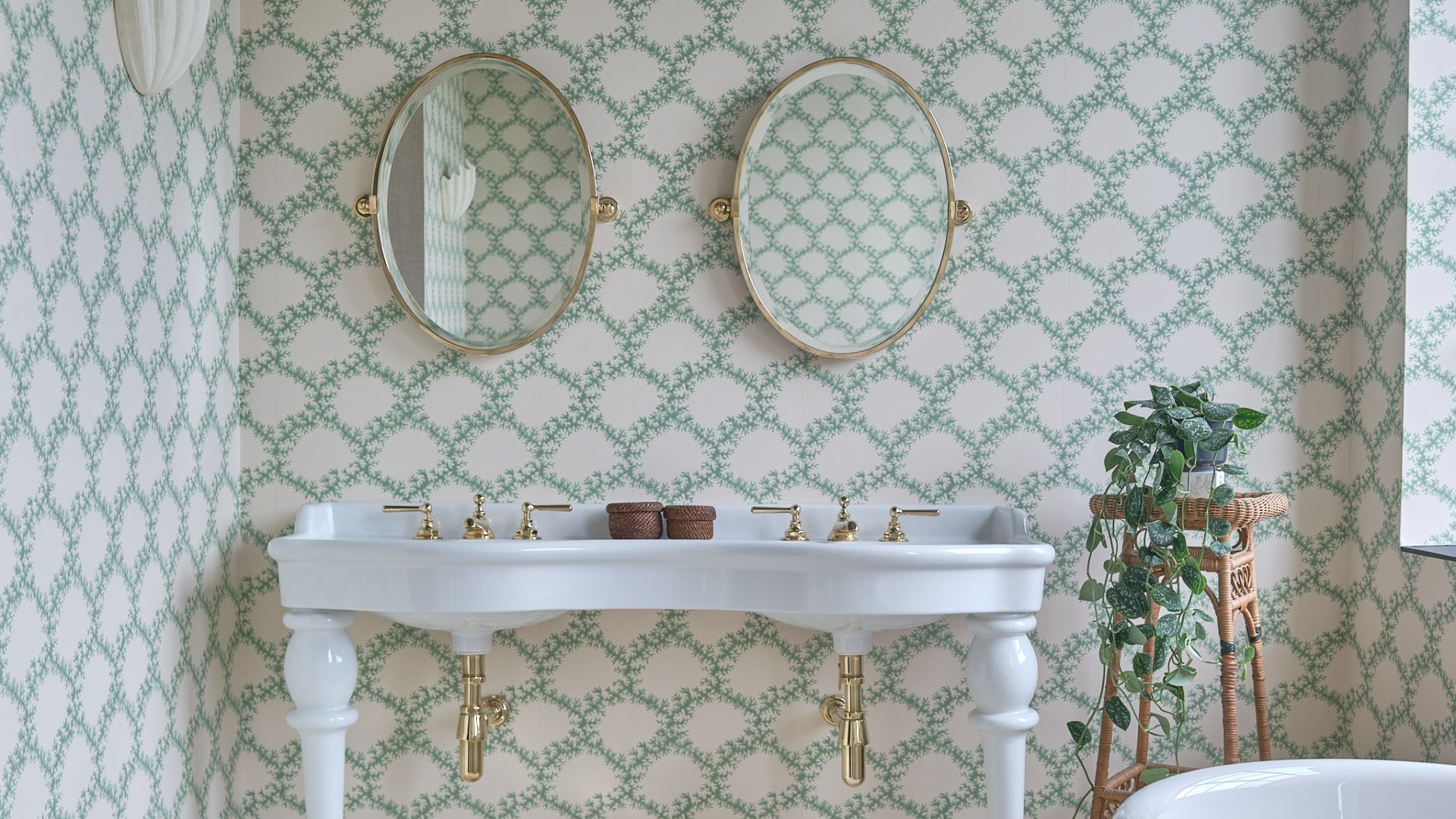
Design expertise in your inbox – from inspiring decorating ideas and beautiful celebrity homes to practical gardening advice and shopping round-ups.
You are now subscribed
Your newsletter sign-up was successful
Want to add more newsletters?

Twice a week
Homes&Gardens
The ultimate interior design resource from the world's leading experts - discover inspiring decorating ideas, color scheming know-how, garden inspiration and shopping expertise.

Once a week
In The Loop from Next In Design
Members of the Next in Design Circle will receive In the Loop, our weekly email filled with trade news, names to know and spotlight moments. Together we’re building a brighter design future.

Twice a week
Cucina
Whether you’re passionate about hosting exquisite dinners, experimenting with culinary trends, or perfecting your kitchen's design with timeless elegance and innovative functionality, this newsletter is here to inspire
I love a hot shower, but they come with the irritating downside of my mirror fogging up, making applying my skincare afterward a nightmare. It is one of my biggest pet peeves, especially since my extractor fan broke.
When I heard that you could supposedly use glycerin to stop a mirror from fogging up, I had to give it a go. I was skeptical but willing to give it a try while waiting for my fan to be fixed.
So, imagine how amazed I was when this pantry staple instantly stopped condensation on a bathroom mirror for over a week – here’s how this strange hack works.
Using glycerin to stop a mirror from fogging up
There are several things you can clean with glycerin, and I had some leftovers from another hack (using glycerin for stain removal,) so I wasn’t too shocked at the idea of using it elsewhere in my home, but the trick seemed too good to be true.
Nevertheless, it worked to stop my bathroom mirror ideas from becoming useless after a short shower.
For this cleaning tip, you need:
- Liquid vegetable glycerin, available at Walmart.
- Half a cup of warm water.
- A receptacle for mixing. I used a clean glass measuring pitcher, also from Walmart.
- A microfiber cloth.
- A mirror cleaning spray. I use the Method Glass and Surface Cleaner, available at Amazon.
The steps
This is a super simple hack to incorporate into cleaning a bathroom, and it only took me four steps and less than five minutes.
Design expertise in your inbox – from inspiring decorating ideas and beautiful celebrity homes to practical gardening advice and shopping round-ups.
- Start by cleaning the mirror using your glass cleaner to remove any smears, streaks, or dust. I use a microfiber cloth for this to avoid any mirror cleaning mistakes and scratches. If you are battling with cloth fibers on your mirrors, consider using a Damp Duster, available from Walmart, to polish the surface and remove debris.
- With the mirror clean, I made a DIY cleaning solution by mixing about one teaspoon of liquid glycerin into around half a cup of warm water. I eyeballed this, as there were no set recipes that I could find online, but it works just fine.
- With the solution thoroughly mixed, I dampened a clean microfiber cloth with the solution, squeezing it to remove the excess, before buffing it onto the glass. When I was testing this method out, I applied the solution to just one-half of my mirror to see how effectively it worked, but have since buffed my whole mirror with the solution.
- Once applied, let the mirror dry. Because the solution is water-based, the mirror may look a little streaky for a while. I let it dry completely before taking a shower and watching for the results.
The results
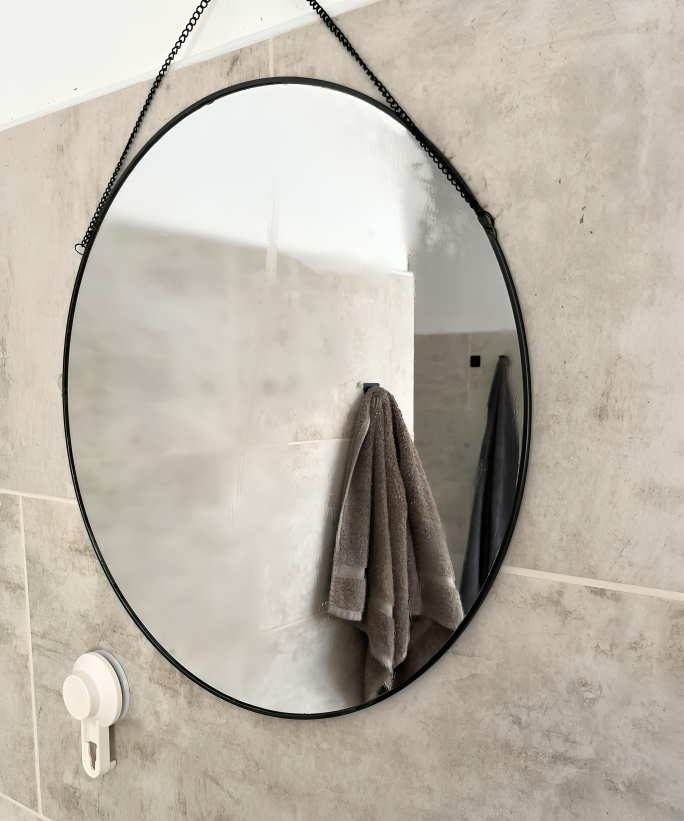
You can clearly see the side of the mirror I initially cleaned with the glycerin solution is not fogged up, while the other half is cloudy after a hot shower.
I was genuinely amazed to find that this glycerin solution for fogging mirrors worked. I was fully prepared to write an article on how you shouldn’t waste your time, but I stand very much corrected. Plus, it is made with all-natural ingredients, helping me to maintain my non-toxic home.
Much like cleaning mirrors with shaving foam, the glycerin solution coated the mirror seamlessly and provided a protective film coating that condensation droplets could not form on. It lasted about a week of daily showers before I started to notice it fogging up again, at which point I simply reapplied as part of my achievable cleaning routine.
I will certainly be using this trick regularly to keep my post-shower routine simple and far less frustrating.
What to shop
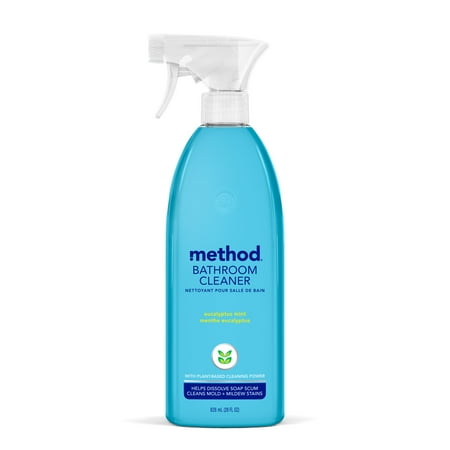
Method's bathroom cleaner breaks down grease and grime without the strong smell of chemicals lingering afterwards. They are a personal fvorite for freshening up the space at the end of each week
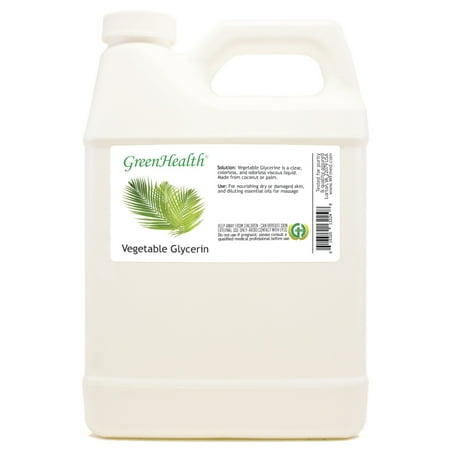
With so many uses around the home, vegetable glycerin is a worthy addition to your cleaning cabinet and pantry. Derived from plants, it is a natural and eco-friendly ingredient.
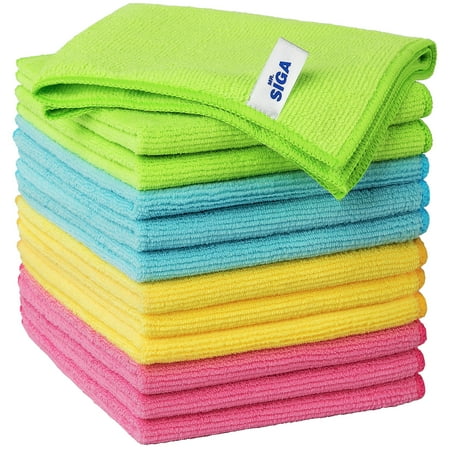
Microfiber cloths are perfect for mirrors as they are super soft, preventing scratches and streaking. They are also reusable, reducing paper towel waste and saving you money.
FAQs
Why do mirrors become foggy?
Mirrors become foggy when warm moisture hits a cold surface, such as mirrors and tiles. This moisture instantly cools, forming small water droplets and ‘fogginess’. Coating a mirror in a thin, anti-fog film can prevent water from clinging to the mirror, reducing fogging, as can using heated mirrors.
There are several other things people with clean bathrooms always do that you can learn from for an easier-to-use space, too.

Chiana is Homes & Gardens’ kitchen appliances editor. With a lifelong passion for cooking and baking, she grew up experimenting in the kitchen every weekend with her baking-extraordinaire Mom, and has developed a great understanding of how tools and appliances can make or break your ideal relaxing kitchen routine.